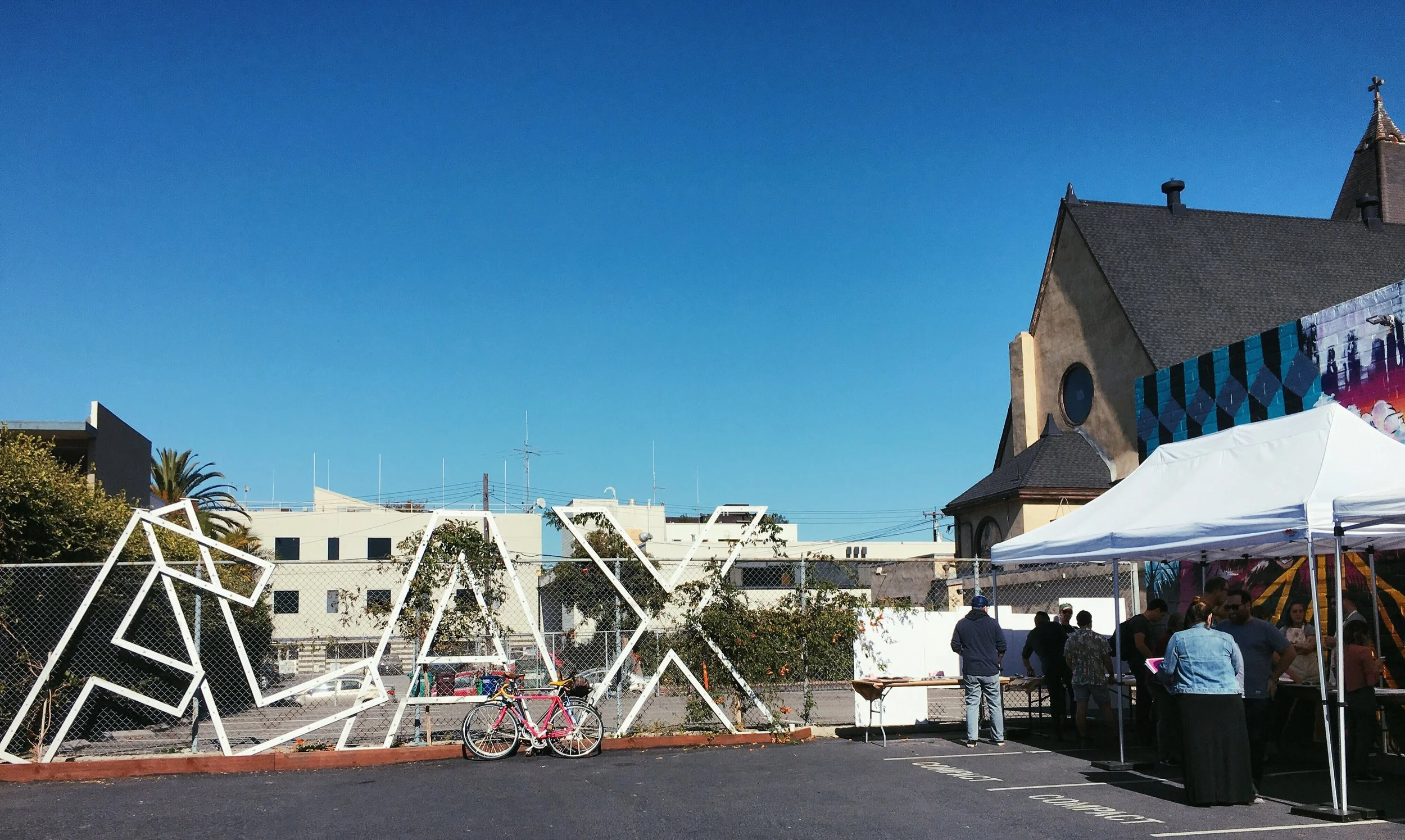Today's urban nomads want to feel at home wherever they are in the world. Ideally that includes connecting to hi-speed wifi in Bali, having the perfect pour-over in Barcelona, and the ideal co-working space in Berlin. In many ways, experiencing these comforts around the world is a beautiful thing. But when it's met with the overused formula of hipster-washing spaces (slap on some Helvetia font, crisp white decorations, and the latest food trend...avocado toast anyone), it's just not all that creative.
There's no greater insult to creativity than the word generic. The same goes for the growth and development of creative places. And it's a trap we're falling for.
Our cities look more and more like each other and our organizations aim to feel more Google-y. We think we've cracked the code on creativity, but in reality we're more afraid of failure than ever. Today's strategies for fueling creative culture lack what makes something authentic: specificity.
When something is specific, it won't suit all tastes. And that's okay. Striving for authenticity and a celebration of what makes a place unique is daring to be creative. When you generalize culture, identity, and history, creativity is often killed along the way (among many other things). When an organization or city is growing rapidly, one of the most common fears we hear, is of losing the atmosphere that attracted them in the first place and the elements that inspire them to create.
But growth is inevitable in our favorite spots. So the question remains: how can we strategically grow while maintaining an authentic creative pulse?
Is it possible to provide a formula for a creative place, a framework for creativity, or a template to grow creatively without becoming too generic? Can organizations, cities and services both scale and evolve while maintaining specificity?
Yes. But it is in the process of discovery where a framework is possible, not in the implementation or output. It's about finding the specific pulse, discovering what makes a place unique, and growing with those core values in mind. It's about taking the time to first understand the nuance of the place, organization, and people, and evolving from that base.
In 2018, Place Makes visited 10 cities to get to know their creative pulse. We talked to local artists, shop owners, musicians, and organizations to learn about what makes their places unique, and why they love them. We learned that some things are quite universal: the prevalence of third spaces, affordable housing, and a group of passionate people, but the differences, the "creative essentials" for each place are culturally distinct.
Identifying creative essentials is a bit like getting to know a friend by talking to his or her dearest friends (you know, the friends who let you grow and change, but know you at your core? The ones who have seen you through all the weird phases, and helped you not only be comfortable with who you are, but also damn proud of it). Find the people who are passionate with the the place or company, and start listening.
Here are our favorite questions to help identify an organization or city's creative essentials:
Where do you feel inspired?
How do you collaborate? What does collaboration look like here?
Where do you create?
Where do you share your work? Are there enough opportunities to share?
Where do you feel most at home here?













Here are the best five spots for cheap beer, good stories, and a host of local characters.